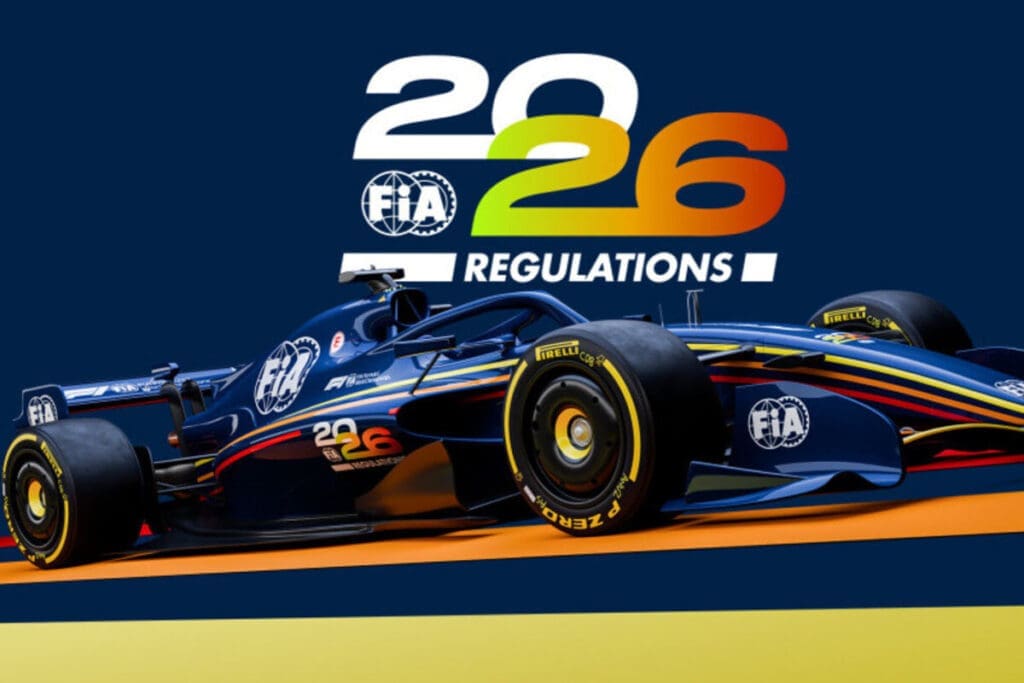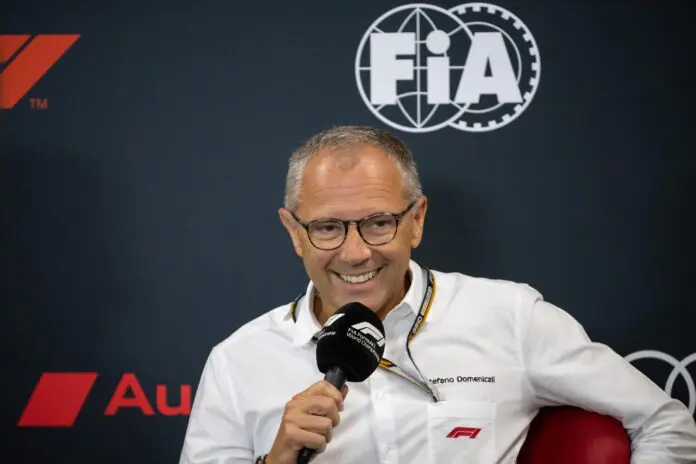In Bahrain, there will be a very important meeting between the FIA and the various teams to assess the feasibility of the V10 project.
Bahrain will be a crucial turning point for Ferrari, looking ahead to 2025, but not only for them. This weekend, a meeting is scheduled between the FIA‘s top officials and representatives from the various teams to determine whether the idea of bringing back the V10 engine is feasible or if it should be definitively shelved. At the moment, there are several factions at play, some advocating for the cancellation of the 2026 regulations, while others are pushing for their confirmation.

The difficulty of the new regulations, particularly concerning the Power Unit chapter, is evident to all, and this is why the statements made by Ben Sulayem (a few weeks ago) no longer sound like a true utopia. Liberty Media, in fact, fears that there could be a decline in public attendance at the Grand Prix, precisely at a time when Formula 1 is experiencing its peak in terms of economic and commercial success.
The basic idea, therefore, is to shelve, or rather, permanently cancel the 2026 regulations, favoring a return to the V10, but with hybrid assistance. The return to older engines is not viewed favorably by AUDI, which, however, could reconsider its position and yield to the FIA’s new plan if a hybrid component is introduced.
Honda has also weighed in on the matter through statements from Watanabe. Here’s what he had to say: “I have received the agenda for the meeting in Bahrain, and I intend to read it carefully to decide Honda’s position. It must be clear that the reason we decided to return to F1 officially from 2026 is because we were attracted by the importance of electrification. If it were simply a return to internal combustion engines, even with zero-carbon emission fuels, I don’t think we could fully support it.”
Honda’s position, therefore, appears quite clear, while other teams, according to Motorsport Italia, may push for a new solution: pairing the V10 with a small 100 kW KERS in order to maintain a policy line consistent with the evolution of Formula 1 over the past decade. Ferrari and Mercedes have reportedly given their approval, as well as Audi, as mentioned earlier.
Teams have been working for months on the 2026 project, but after the various renderings published by the FIA itself, there is confusion regarding the final car specifications, in addition to the classic and well-known issues with the Power Units. The central theme of the discussion will focus on the engine and, of course, the return to the V10. A crucial step will be reaching an agreement, as many do not want to wait until 2031 but rather bring the matter forward to 2028/2029. What is certain is that in Bahrain, we will understand a lot about the future of F1.
